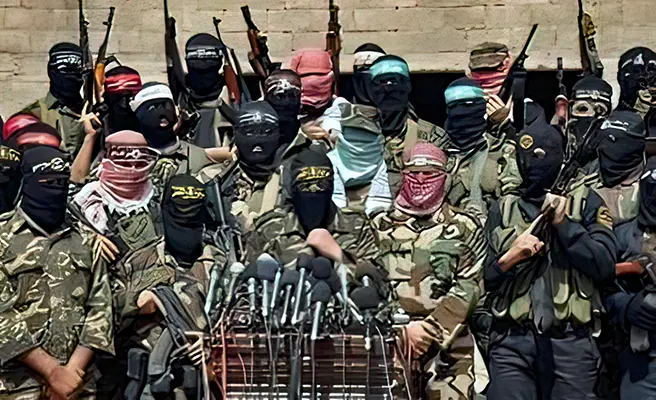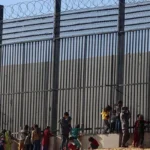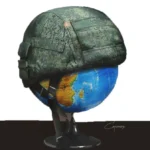Palestinian rivals hail a declaration of unity in Beijing, but the news is met with a shrug at home.
Chinese diplomatic sources have reported that Fatah and Hamas representatives have reached an agreement on the formation of a joint administration in Gaza after the end of the war.
Of course, this agreement was preceded by numerous previous agreements in the same vein, which were concluded with the support of Egypt, Saudi Arabia, etc..
But this time China came into play, which seemed to like the role of a Middle East peacemaker – last year, with China’s help, Saudi Arabia and Iran signed a reconciliation agreement, which love each other no more than Fatah and Hamas.

Palestinian factions, Fatah and Hamas, signed a joint statement in Beijing, showing unity but facing skepticism. Despite previous failed attempts at reconciliation, both sides agree on a temporary government for Gaza and the Israeli-occupied West Bank. Mousa Abu Marzouk of Hamas and Mahmoud al-Aloul of Fatah praised China’s support, but many Palestinians doubt the actual implementation of the plan. The joint statement highlights the need to unite Palestinian institutions, reconstruct Gaza, and prepare for elections, but lacks a clear timeline. While some view the statement as a positive step, others see it as just another empty promise.
The crucial issue of security control in Gaza remains unresolved, as Fatah demands a unified security force while Hamas refuses to dismantle its military wing. Cooperation between the two factions is seen as essential for Gaza’s post-war future and for international support in rebuilding the territory. The United States and other Western nations consider Hamas a terrorist group and are opposed to its involvement in governing Gaza. The division between Hamas and Fatah is described as a dark chapter in Palestinian history, with widespread frustration among the Palestinian public over the lack of progress in reconciliation.
China’s role in bringing together Hamas and Fatah is seen as an opportunity to enhance its image as a peace broker in the Middle East. The Chinese government’s success in mediating between Saudi Arabia and Iran last year, along with its growing financial interests in the region, underscores its influence on the international stage. The symbolic meeting in Beijing was aimed at showcasing China’s importance as a global player, both domestically and internationally.
Despite the grand gestures of unity displayed in Beijing, the underlying skepticism among Palestinians remains. Past experiences of failed attempts at reconciliation have left many disillusioned and doubtful of the prospects for real change. The joint statement may be a step in the right direction, but concrete actions and genuine commitment from both sides are needed to truly bridge the divide between Hamas and Fatah. The road to Palestinian unity remains uncertain, with the hopes of the Palestinian people pinned on tangible results rather than empty promises.
Israel has not yet reacted, but it is unlikely that after the 07/10 attack and the protracted war in Gaza, Jerusalem will agree to what it has always rejected in the past – a Palestinian national unity government that will include Hamas.
We also recommend reading:
Luai Ahmed – Letter from an Arab to Muslims,
British Actor Stephen Fry: Condemning Antisemitism and Promoting Unity,
Explanations And Answers — People,
Zvi Yehezkeli – The Hamas Massacre Was Not Surprising.,
Herta Muller — OPEN LETTER















Leave a Reply